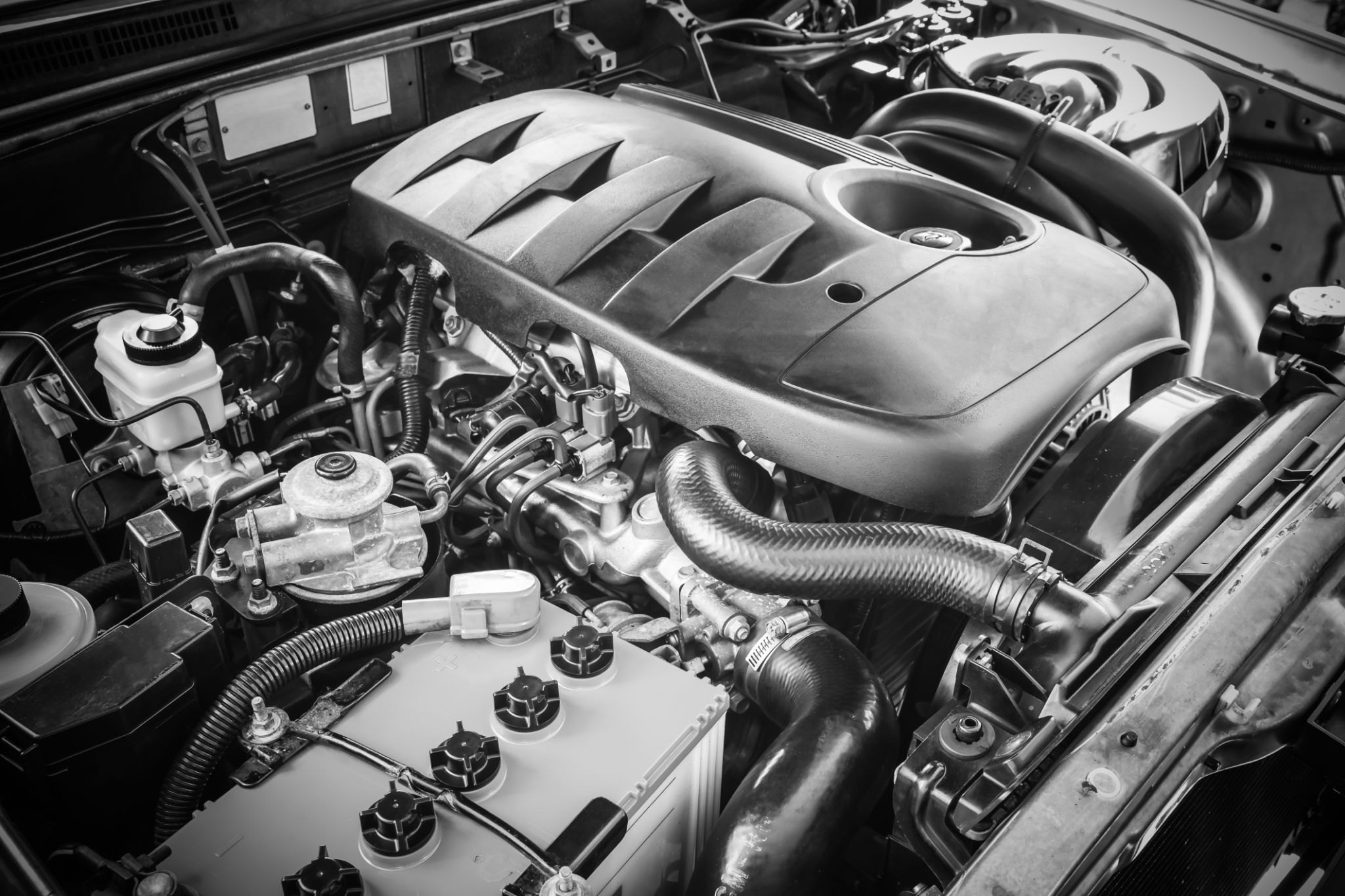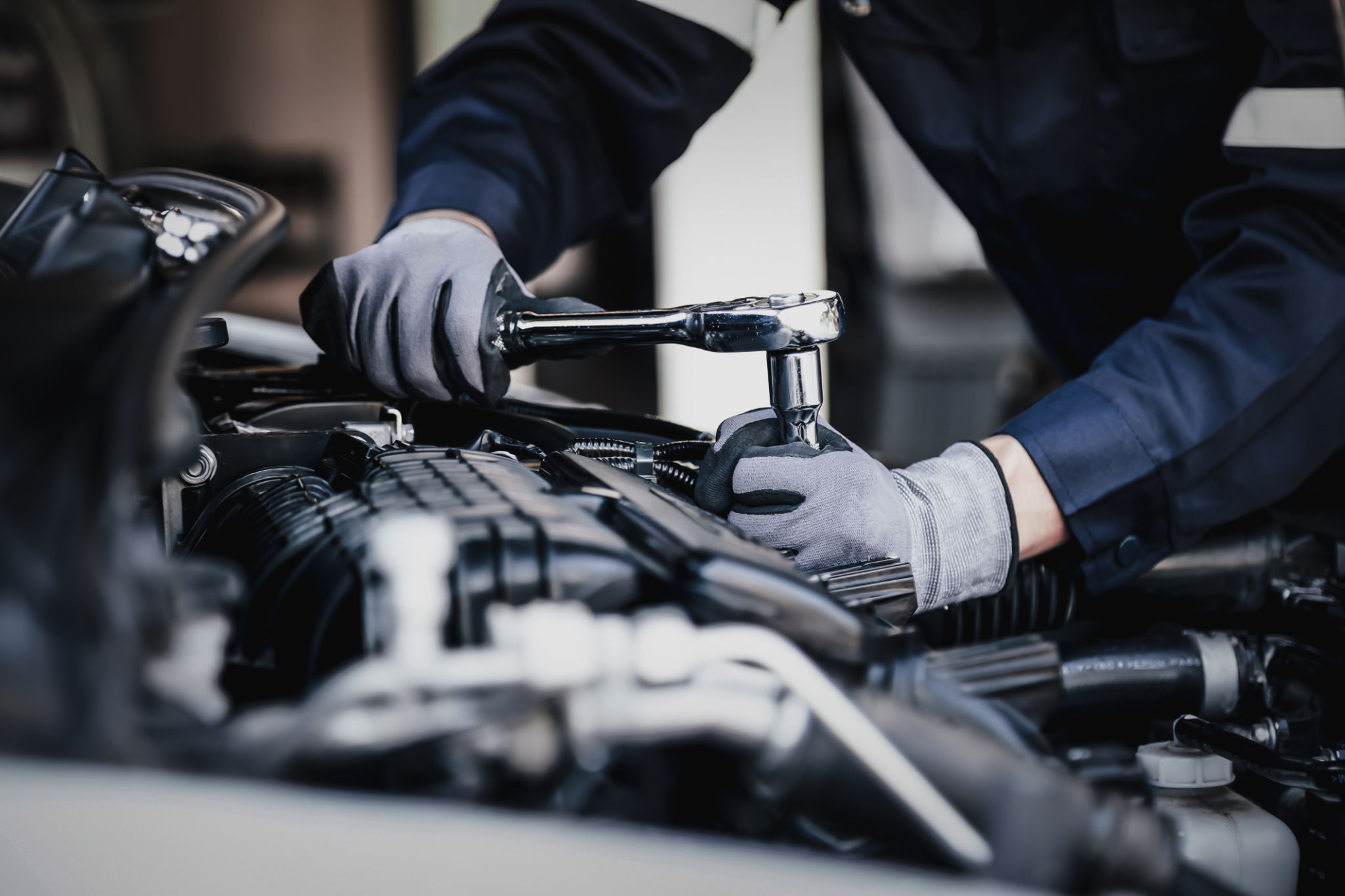DIY Diesel Engine Troubleshooting: Tips for Quick Fixes
Understanding Your Diesel Engine
Diesel engines are renowned for their durability and efficiency. However, like all machinery, they can experience issues that need attention. Understanding the basics of diesel engine troubleshooting can help you fix minor problems quickly, saving both time and money. In this guide, we'll explore some common issues and their solutions.

Identifying Common Diesel Engine Problems
The first step in troubleshooting a diesel engine is identifying the problem. Common issues include starting difficulties, loss of power, and unusual noises. Recognizing these symptoms early can prevent more serious damage. Here's a closer look at some typical problems:
- Hard Starting: This is often due to issues with the fuel system or glow plugs.
- Loss of Power: Could be caused by clogged fuel filters or air intake restrictions.
- Unusual Noises: May indicate problems with the engine's internal components.
Quick Fixes for Fuel System Issues
A critical aspect of diesel engine operation is the fuel system. If your engine is hard to start or exhibits poor performance, the fuel system might be to blame. Here are some quick fixes you can try:
- Check and Replace Fuel Filters: Clogged filters are a common cause of engine issues. Regularly inspect and replace them as needed.
- Bleed the Fuel System: Air trapped in the fuel lines can cause starting problems. Bleeding the system can help remove air pockets.

Tackling Electrical and Glow Plug Issues
Glow plugs are essential for diesel engines, especially in colder climates. If your engine struggles to start, it might be due to faulty glow plugs or electrical issues. Here's how to address these concerns:
- Test Glow Plugs: Use a multimeter to check for continuity; replace any that are faulty.
- Inspect Battery Connections: Ensure that battery terminals are clean and connections are tight to maintain a strong electrical flow.
Addressing Air Intake and Exhaust Concerns
Proper air intake and exhaust flow are crucial for optimal engine performance. Blockages or leaks in these systems can lead to reduced power and efficiency. Consider these steps:
- Clean the Air Filter: A dirty air filter restricts airflow, reducing engine efficiency. Regularly inspect and clean or replace it as needed.
- Check Exhaust for Leaks: Inspect exhaust pipes and connections for leaks that could affect performance.

When to Seek Professional Help
While many diesel engine problems can be addressed with DIY troubleshooting, there are times when seeking professional assistance is the best course of action. If you've tried these quick fixes and your engine still doesn't perform as expected, it's time to consult a professional mechanic. They have the expertise and tools needed for more complex diagnostics and repairs.
In conclusion, understanding the basics of diesel engine troubleshooting can empower you to tackle minor issues on your own, saving both time and money. Regular maintenance and prompt attention to small problems can help keep your diesel engine running smoothly for years to come.